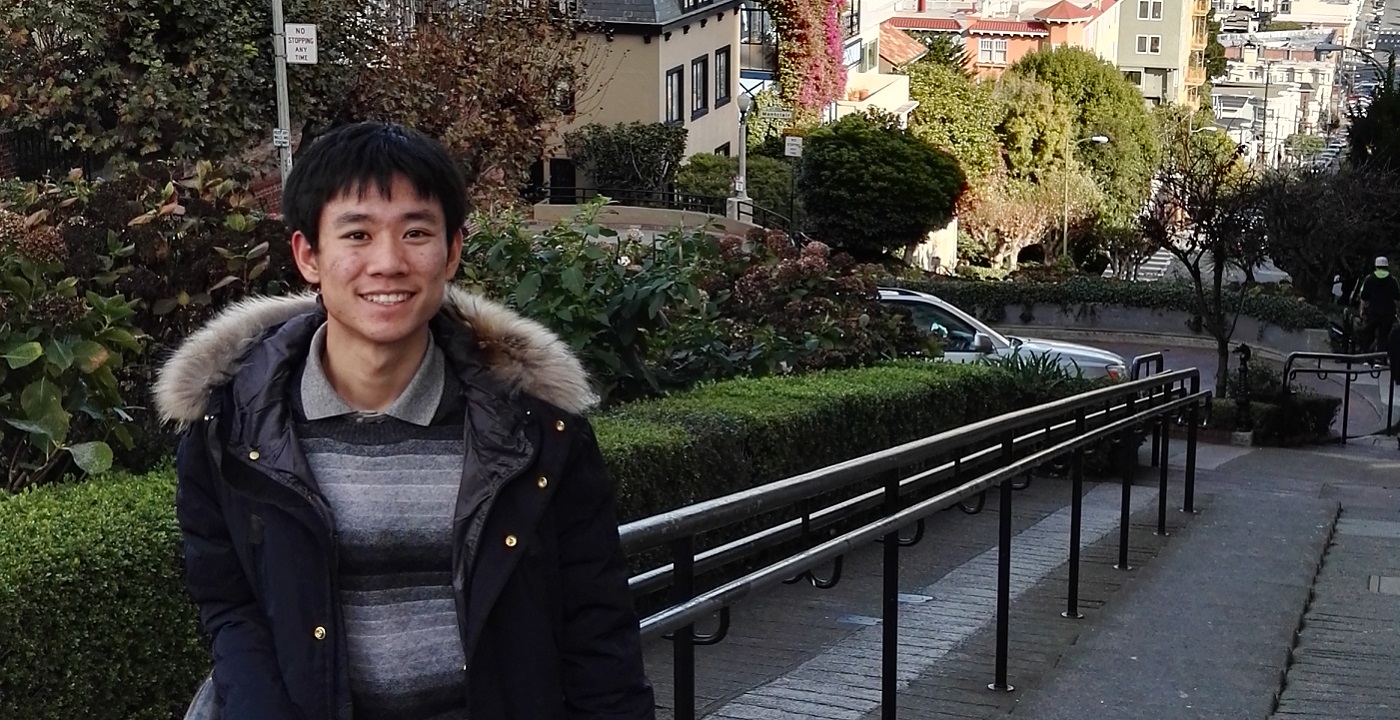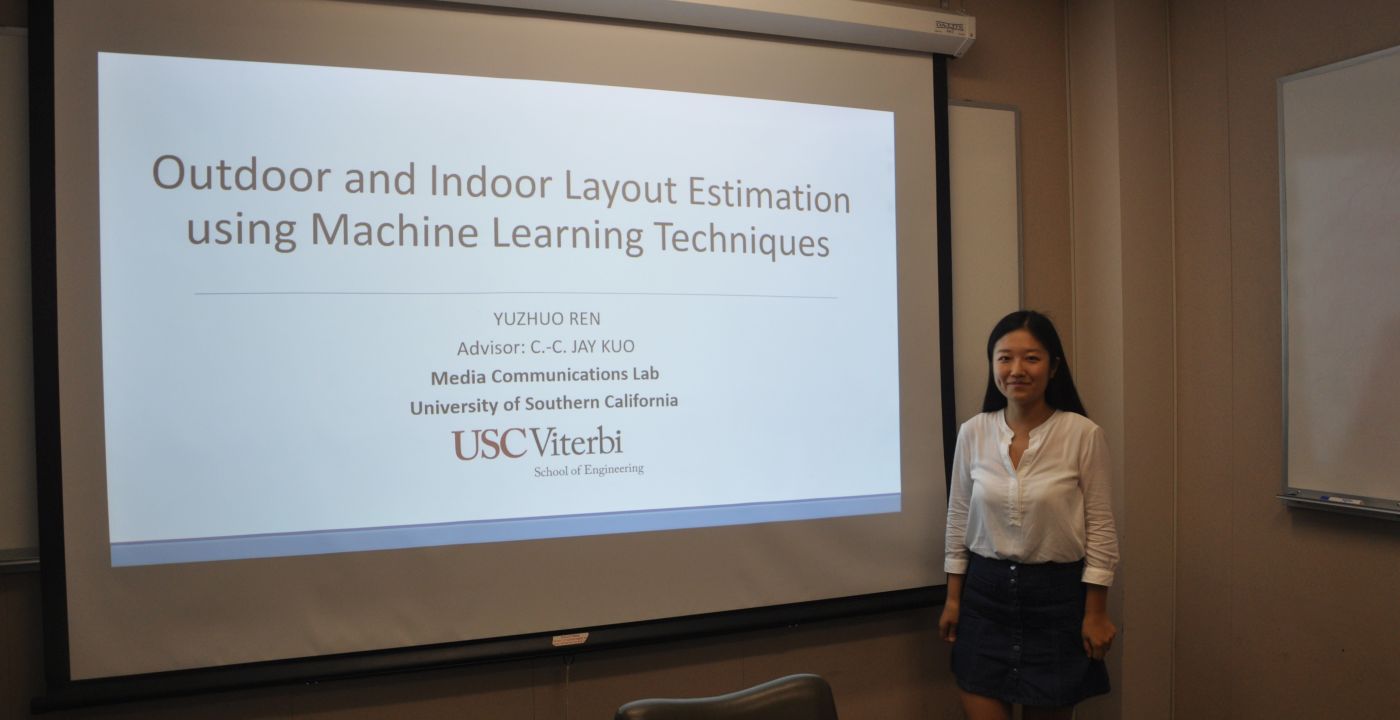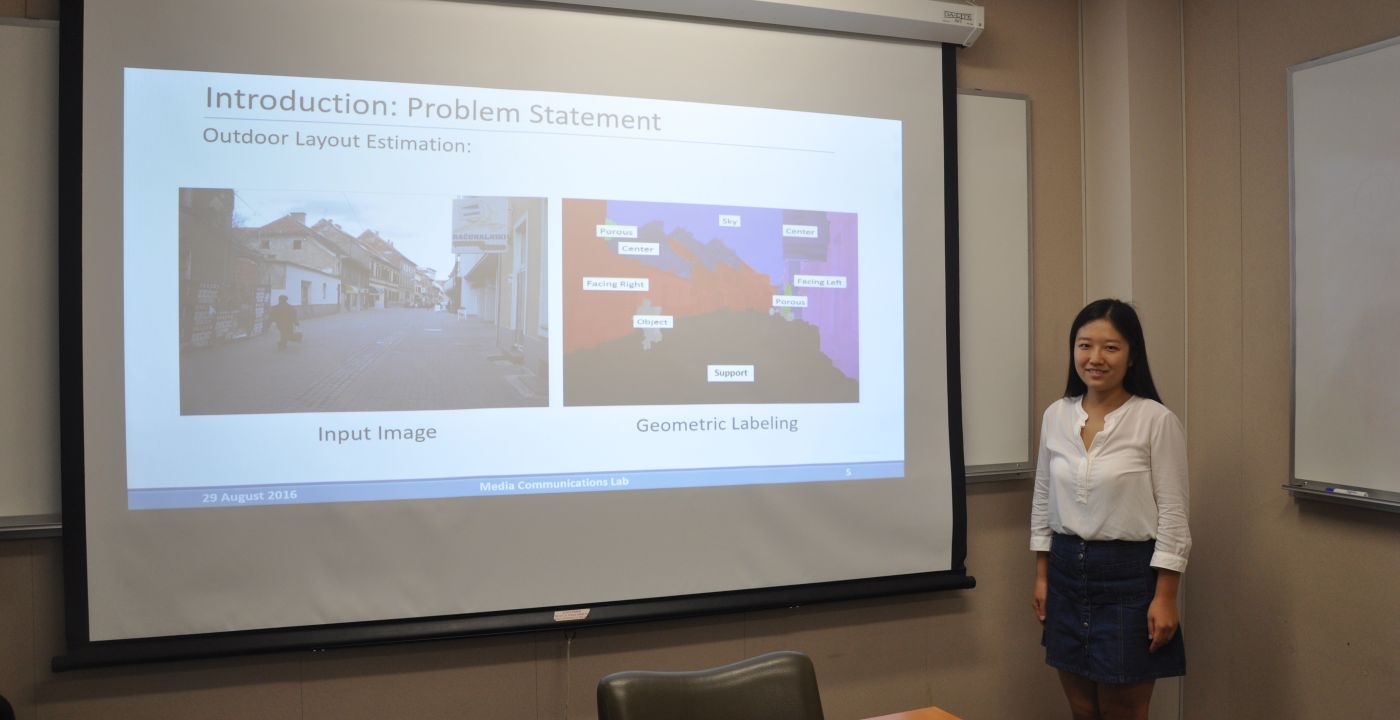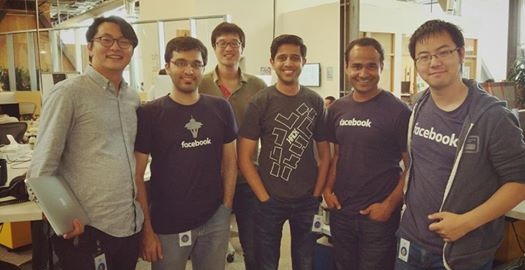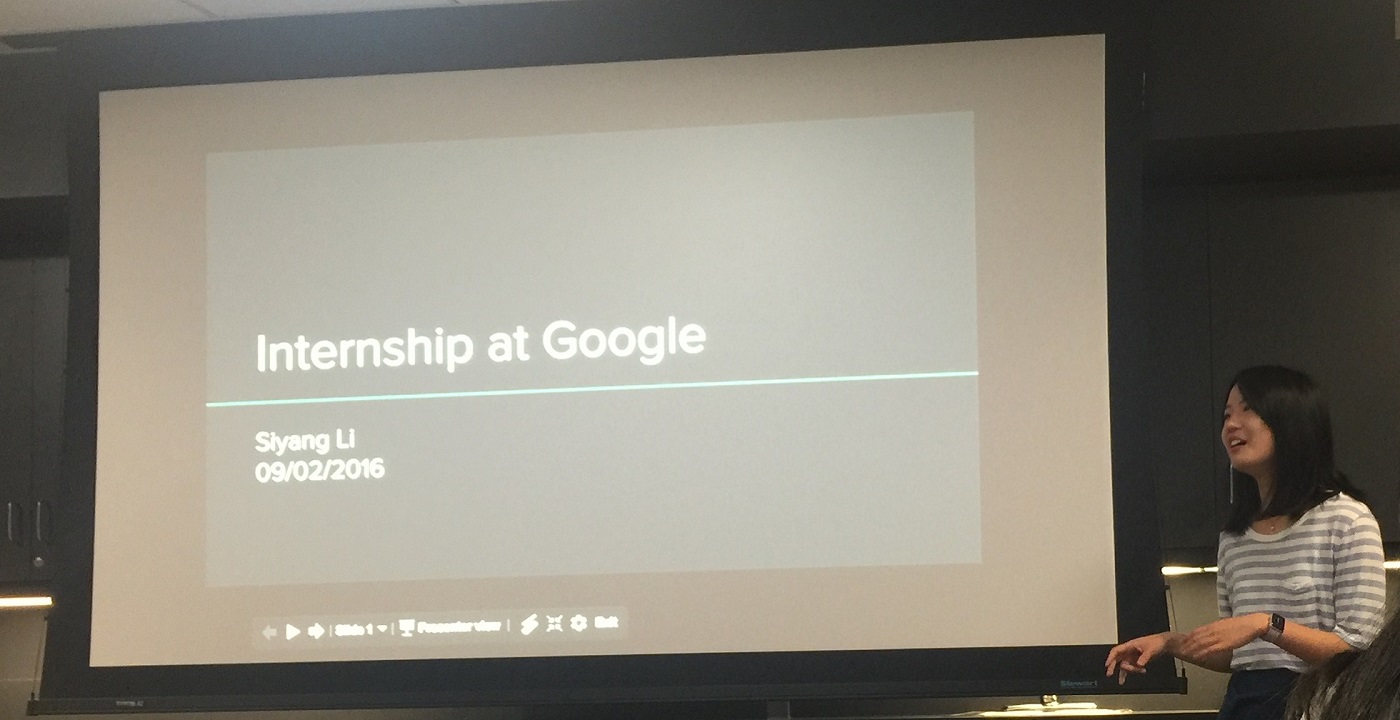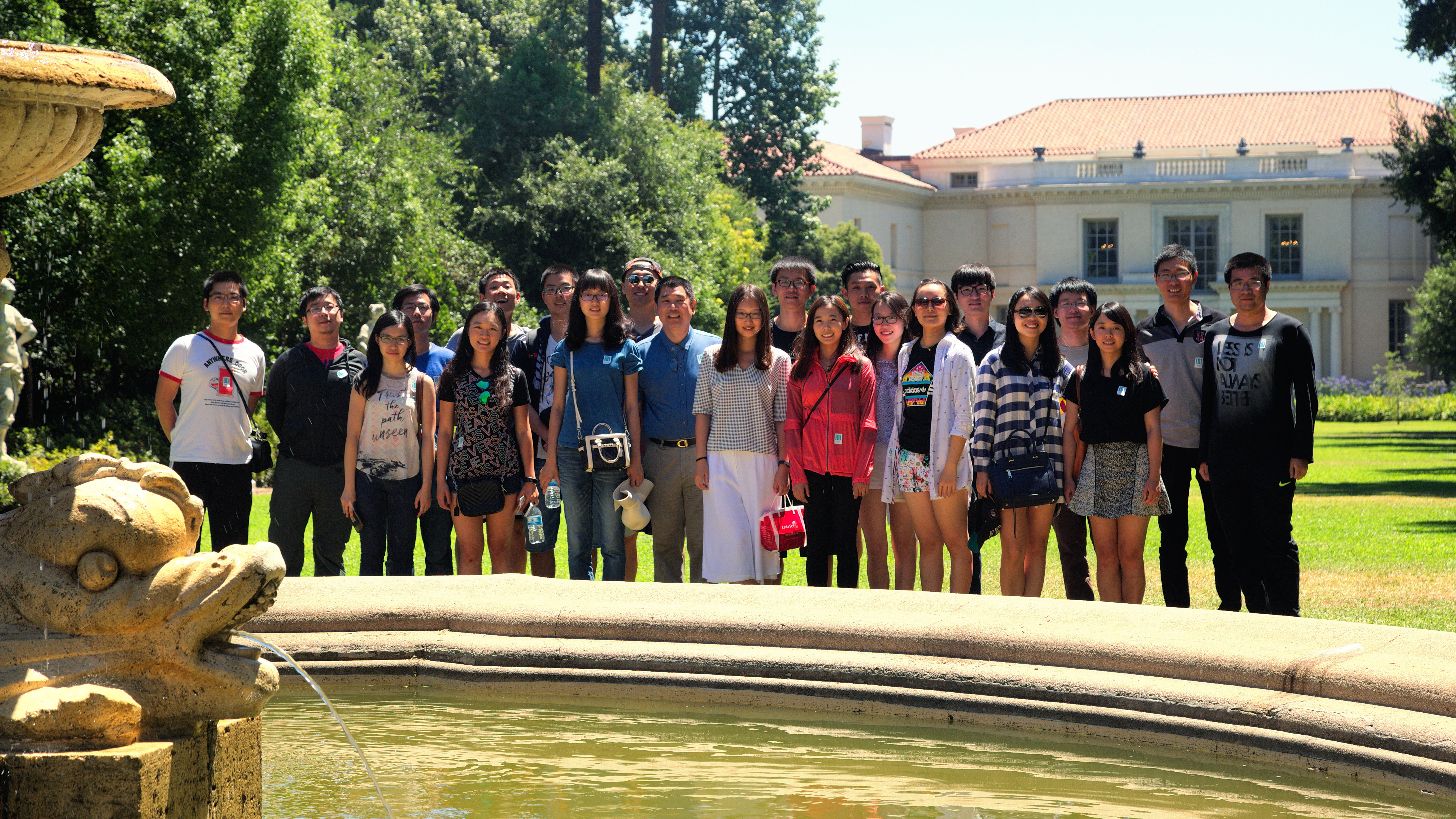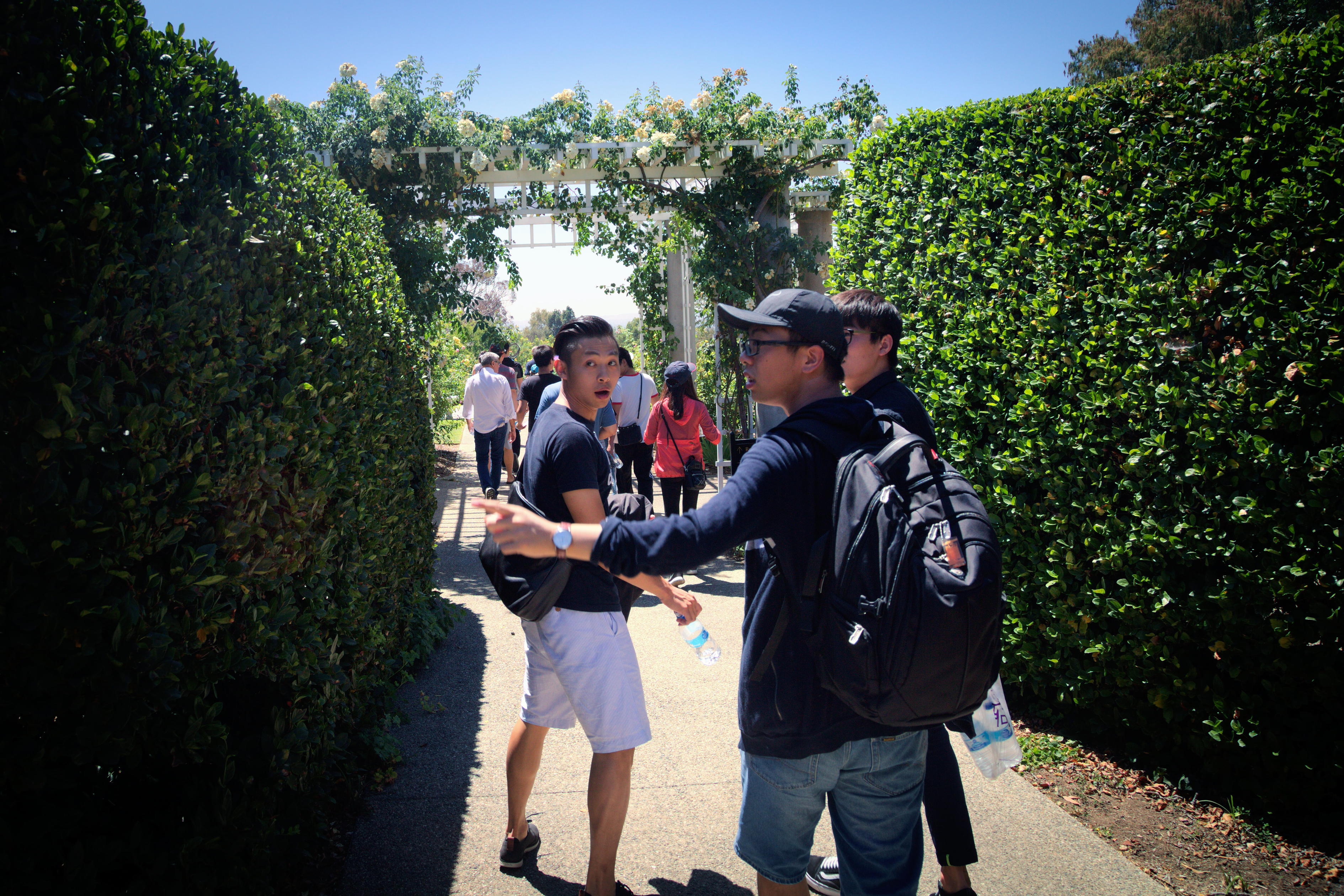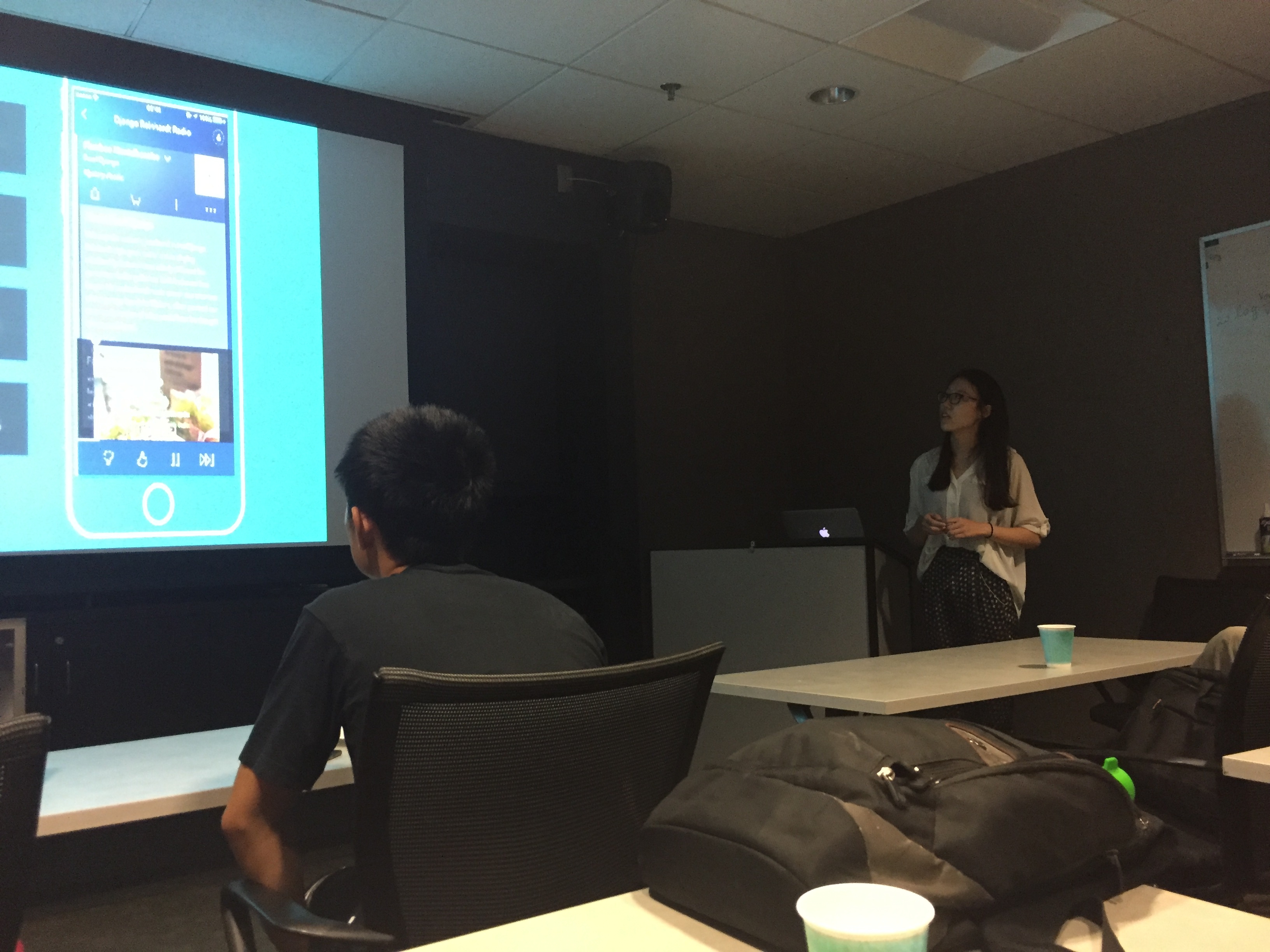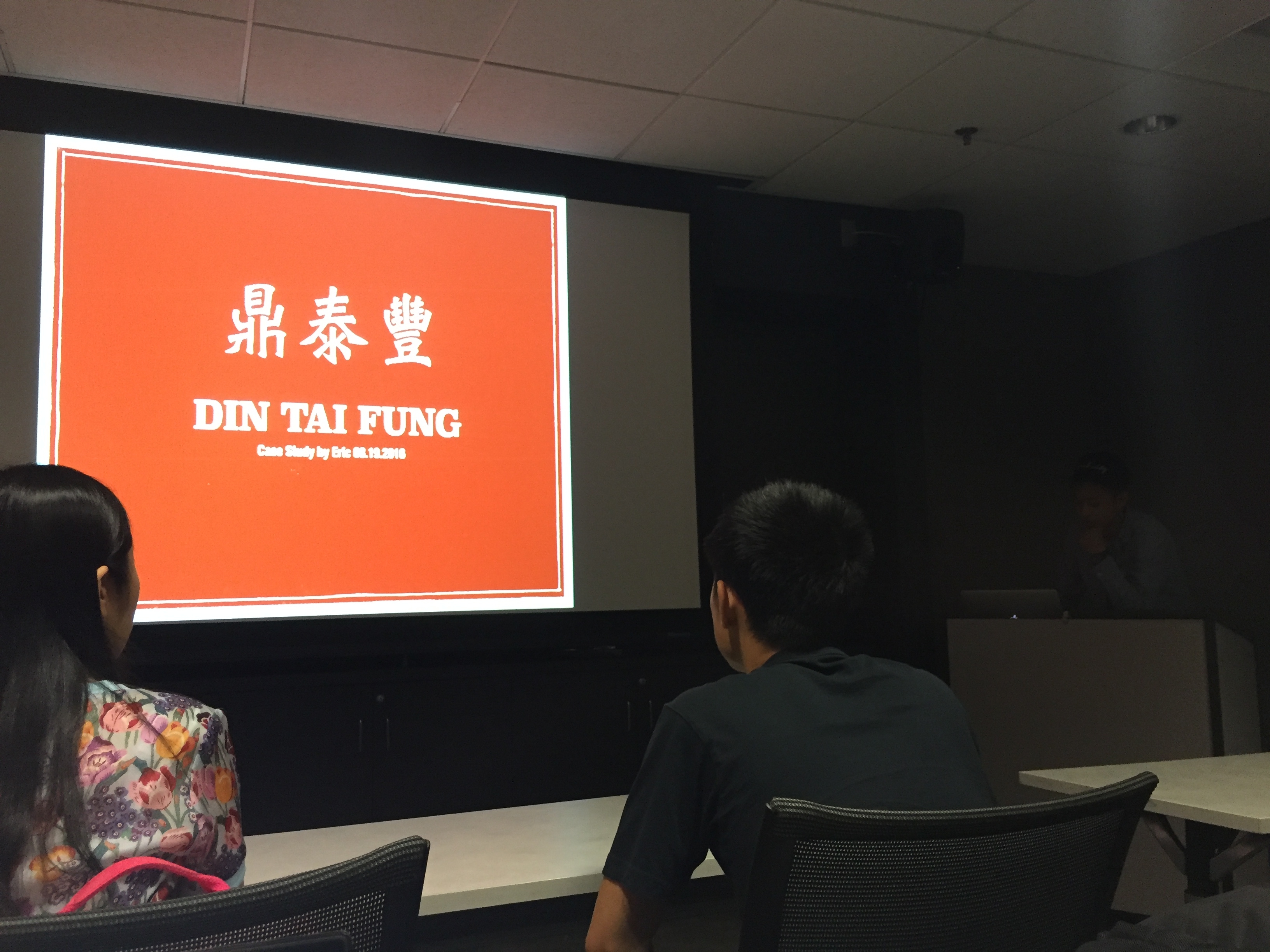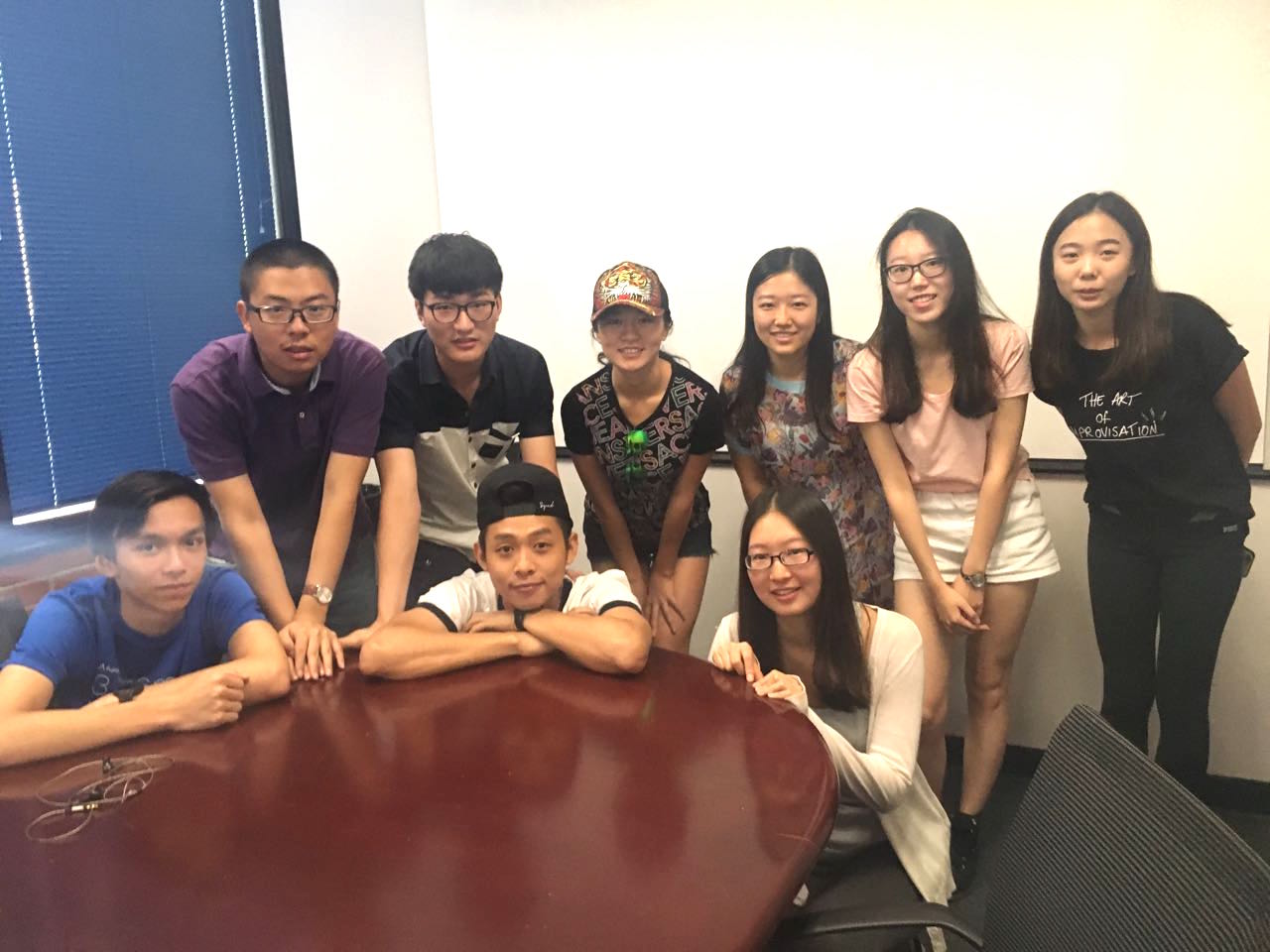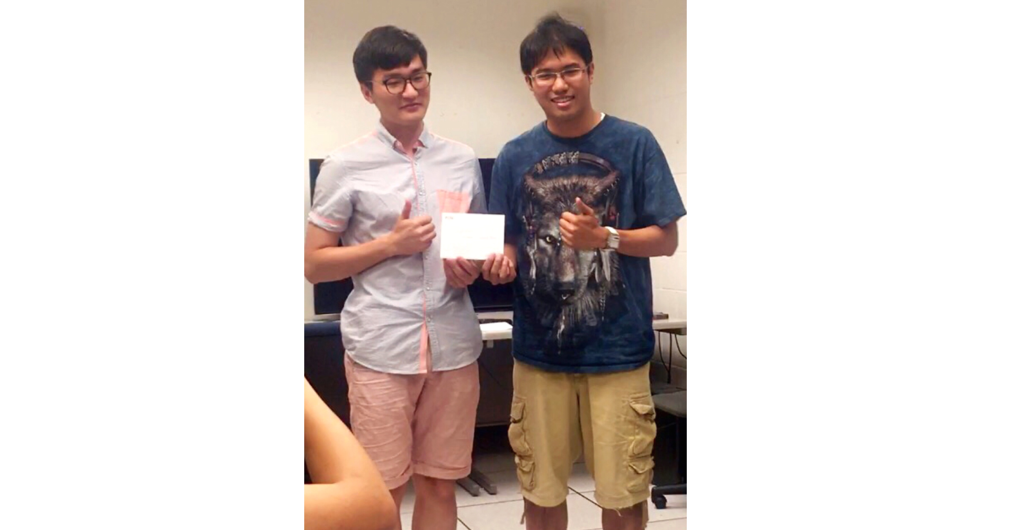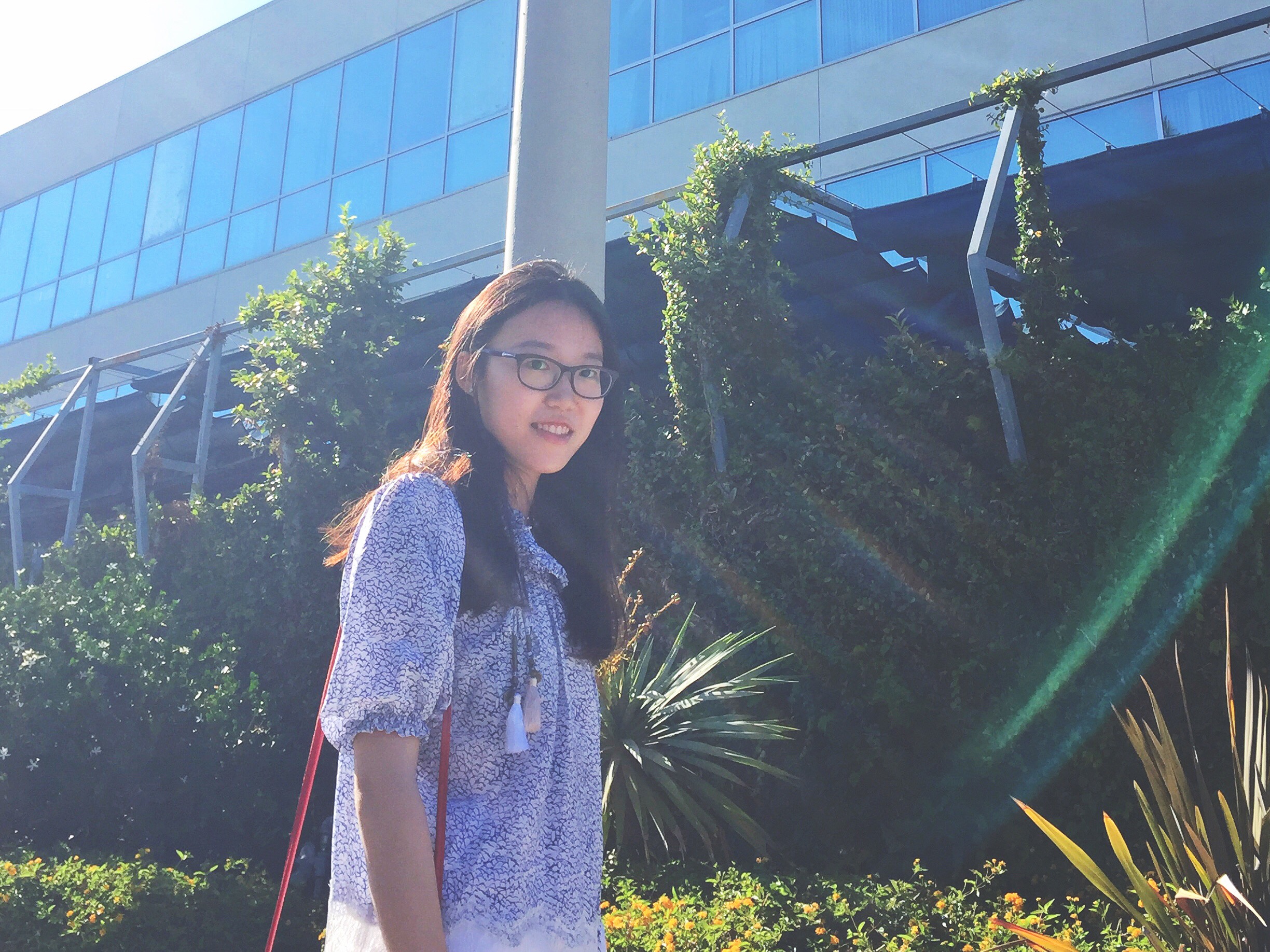Welcome New MCL Member Yeji Shen
We are so happy to welcome a new Ph.D. student, Yeji Shen, in fall 2016. Here is an interview with him.
1. Could you briefly introduce yourself? (Previous research/project experience, research interest and expertise)
Before becoming a Ph.D. student in USC, I got my bachelor degree in Computer Science from Peking University. My past research experience includes Image Quality Assessment (IQA), a little bit on Computational Neuroscience and a few on Computer Vision (CV) and Deep Learning. I have published one paper on IQA under the supervision of Prof. Tingting Jiang. She is also the advisor of my bachelor thesis. I was having a wonderful experience last summer in Carnegie Mellon University working with Prof. Tai Sing Lee on an EEG based project. My research interest is mainly about exploring the essentials of Machine Learning (ML) theory and applying ML techniques to multiple areas like CV, or ultimately speaking, the Artificial Intelligence. I was having strong programming skills 🙂 but relatively thin knowledge in mathematics and statistics where I am trying to improve through the training of Ph.D. program. Personally, I play baseball / softball and possess some skills in Slow Pitch. I like games and animations.
2. What’s your first impression of USC and MCL?
USC has a beautiful campus which stands head and shoulders above the environment nearby. Convenient facilities, gyms and fountains are everywhere. She is a university with history and culture. I am looking forward to becoming a proud Trojan nourished by USC.
MCL is an awesome and prospering research group having more than 20 friendly and hardworking members. Everything goes well under the supervision of Prof. Kuo. Prof. Kuo is profound in knowledge and research. He is a very nice advisor and also a senior worthy [...]

